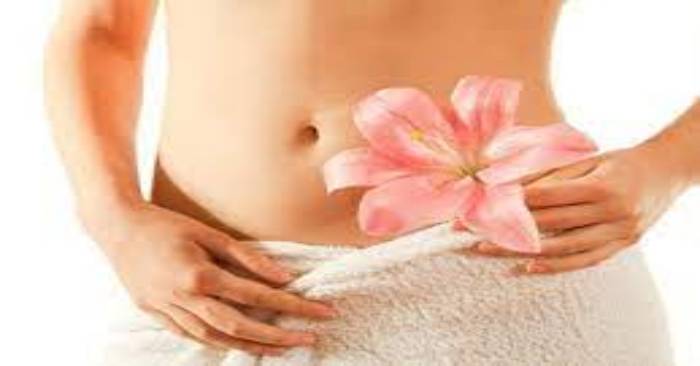Intimate hygiene dos and don’ts

Feminine hygiene is critical to keeping our vaginas healthy and free of infection. Unfortunately, because of the cultural stigma associated with female genitals, many women avoid discussing it and are unaware of the proper ways to maintain hygiene down there. As a result, women frequently develop vaginal infections caused by yeast or bacterial overgrowth. In some cases, vaginal infections can cause rashes, itching, a foul odor, and even a painful burning sensation. Given the gravity of the situation, it is critical to prioritize feminine hygiene; here are some pointers to keep your intimate areas clean.
Daily cleansing with a gentle vaginal wash
Despite the fact that our vaginas clean themselves, we must focus on keeping the surrounding area (vulva) clean. Avoid sulfate-based soaps and perfumed washes, which can cause skin irritation or dryness. Experts advise using a gentle, chemical-free intimate wash that will not disrupt the vagina’s natural pH balance while gently removing impurities.
When it comes to menstrual hygiene, make sure to change your sanitary napkin/tampon every few hours and to wash the vulva with a gentle cleanser every time you go to the restroom.
Choose breathable undergarments
Tight-fitting undergarments made of synthetic fibers trap heat and moisture, which can promote bacterial growth and increase your risk of infection. Instead, choose cotton underwear to absorb excess moisture and keep your intimate area dry. It’s also a good idea to change your underwear after a sweaty workout or other strenuous physical activity.
Add leafy vegetables to your diet
Including green, leafy vegetables in your daily diet will improve your vaginal health. To control the growth of infection-causing microorganisms in the vaginal area, your diet should include fresh vegetables, fruits, and probiotics such as homemade curd and yogurt in addition to protein. Our vagina deserves the same attention as the rest of our bodies. Following a proper hygiene routine is critical, but avoid products that contain harmful substances such as sulfates, perfume, and artificial preservatives. As with intimate health and hygiene, the less-is-more approach is the best way to go.






